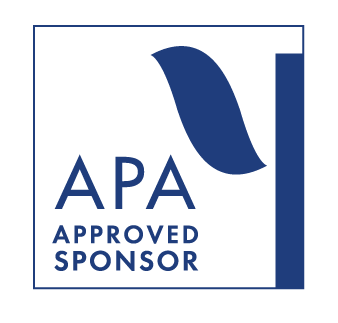EATING DISORDERS: HIDDEN DANGERS & HOW TO ADDRESS THEM IN YOUR Practice
September 8, 2018, 10:00 AM - 1:00 PM
Alliance Health Project, 1930 Market Street, San Francisco, CA 94102
Instructor: Marcella Raimondo, PhD, MPH
3.0 CE credits
Overview Once an eating disorder has taken hold, it can become a self-sustaining process that usually requires professional help to recover and heal. Early detection, initial evaluation, and effective treatment are important steps that can help a client move into recovery more quickly, preventing the disorder from progressing to a more severe or chronic state. Many clinicians discover, in the process of conducting their work, that their own client exhibits eating disorder behaviors, or in some cases, the client may suddenly disclose they have an eating disorder that’s previously never been discussed. If you haven’t worked directly with eating disorders, addressing and treating them can be anxiety producing. They can also become more complicated if you know an eating disorder is present but your client refuses treatment. When eating disorders present themselves outside of the prevailing myth, identification and treatment through a social justice lens is critical. In order to address the above and enable you to work more effectively with eating disorders in your own practice, this course will provide you with assessment skills and tools to identify the warning signs of eating disorders, interventions and approaches in addressing eating disorders and offer ethical and legal considerations in treatment including:
This course will draw on clinical treatment in the field of eating disorders emphasizing culturally appropriate approaches. Training is conducted in a safe environment for you to bring your curiosity and experiences for sharing. Ultimately, this course strives for you to feel connected and empowered with access to further consultation, specific treatment ideas and tools to implement immediately in your own practice or clinic. To register, go here. Target AudienceThis program is open to clinical psychologists, counselors, psychotherapists, case managers, social workers, marriage & family therapists, addiction treatment specialists, and other mental health professionals. It is not appropriate for the general public. There are no potential conflicts of interest for the instructor in providing this seminar on behalf of Gaylesta. Continuing Education Information This workshop is sponsored by Gaylesta: The Psychotherapist Association for Gender and Sexual Diversity. These CE units may also be credited to other licensed mental health professionals, such as LCSWs, LPCCs, and LMFTs. CE credit will only be awarded for full attendance. | Seminar Leader Course Objectives
1. Eating Disorders Overview • Signs and symptoms • Screening tools • Assessing severity -- indicators of increased medical and psychological risk • Considerations in providing culturally appropriate eating disorders screening 3. Techniques and Interventions to Incorporate in your work with eating disorders 4. Legal and Ethical Considerations 5. Resources |


 Gaylesta, Inc. is approved by the American Psychological Association to sponsor continuing education for psychologists. Gaylesta, Inc. maintains responsibility for this program and its content.
Gaylesta, Inc. is approved by the American Psychological Association to sponsor continuing education for psychologists. Gaylesta, Inc. maintains responsibility for this program and its content.